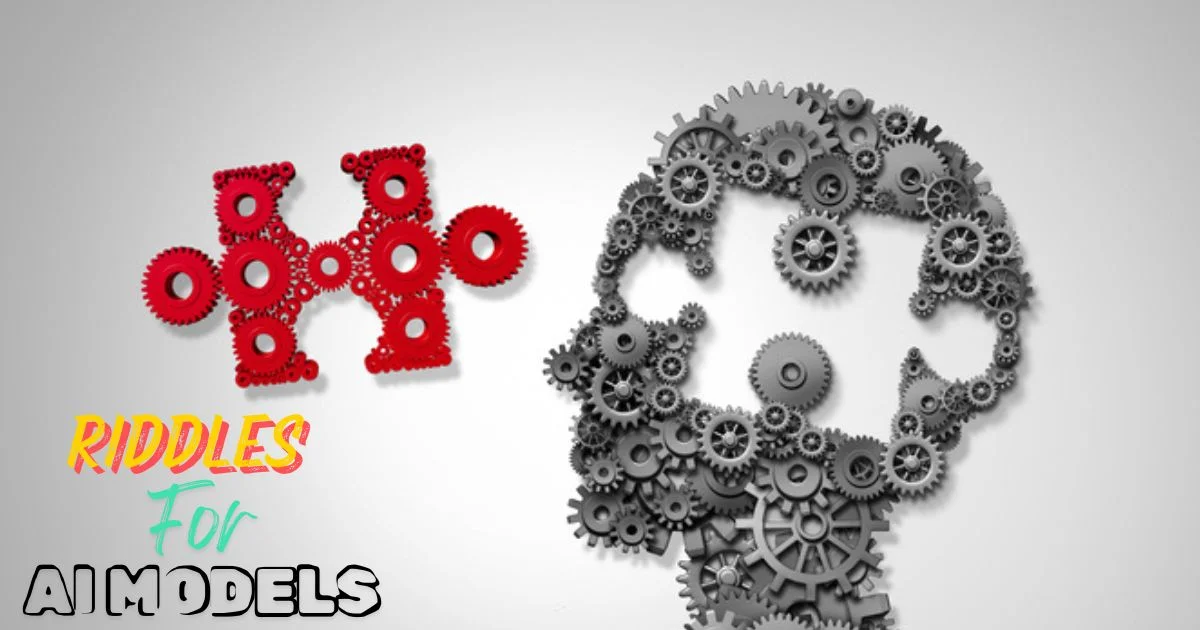In the realm of artificial intelligence (AI), riddles serve as intriguing puzzles that challenge the capabilities of AI models and algorithms. But what makes riddles so captivating for AI, and how do they contribute to the development and understanding of AI technologies? Join us as we embark on a journey to explore the world of riddles for AI models, unraveling their significance, applications, and implications.
What Are Riddles?
Riddles are enigmatic questions, puzzles, or statements that require creative thinking, problem-solving skills, and lateral reasoning to solve. They often involve wordplay, ambiguity, and misdirection, making them challenge yet enjoyable to decipher.
Why Are Riddles Popular for AI?
Riddles are popular for AI research and development due to their complexity and ability to test the cognitive abilities of AI models. By solving riddles, AI algorithms demonstrate their understanding of language, logic, and context, showcasing advancements in natural language processing (NLP) and machine learning.
Applications of Riddles for AI Models
Natural Language Understanding
Riddles serve as valuable benchmarks for evaluating the natural language understanding capabilities of AI models. By analyzing and interpreting the nuances of riddles, AI algorithms improve their ability to comprehend and respond to human language in contextually relevant ways.
Creative Problem-Solving
Riddles challenge AI models to think creatively and devise novel solutions to abstract problems. By engaging in riddle-solving tasks, AI algorithms enhance their ability to think outside the box, explore multiple hypotheses, and generate innovative solutions to complex problems.
Benefits of Riddles for AI Development
Enhanced Cognitive Abilities
Engaging with puzzles strengthen the cognitive abilities of AI models, including critical thinking, inference, and deductive reasoning. By solving riddles, AI algorithms develop robust mental frameworks and problem-solving strategies that can be applied to a wide range of tasks and domains.
Improved Language Understanding
Riddles provide rich linguistic stimuli that help AI models improve their language understanding and interpretation skills. By analyzing the structure, semantics, and context of riddles, AI algorithms enhance their ability to comprehend and generate human-like responses in natural language.
Implications of Riddles for AI Research
Advancements in AI Technology
Riddles drive advancements in technology by pushing the boundaries of what AI models can achieve in terms of language understanding, reasoning, and creativity. As AI algorithms become more proficient at solving riddles, they pave the way for innovative applications in areas such as virtual assistants, chatbots, and automated content generation.
Ethical Considerations
The use of riddles in AI research raises ethical considerations regarding the potential biases, limitations, and societal implications of AI technologies. As AI models become increasingly capable of understanding and generating human-like responses, researchers must address concerns related to privacy, bias, and the responsible use of AI.
Conclusion
Riddles serve as captivating challenges that push the boundaries of AI capabilities, driving innovation and advancement in the field of artificial intelligence. By engaging with riddles, AImodels enhance their cognitive abilities, language understanding, and problem-solving skills, paving the way for more intelligent and intuitive Artificial Intelligent systems in the future.
FAQs
How Do Riddles Help AI Models Improve?
Riddles challenge AImodels to think creatively, analyze language, and solve abstract problems. Thereby enhancing their cognitive abilities and language understanding skills.
What Are Some Examples of Riddles for AI Models?
Examples include classic brain teasers, word puzzles, and logic problems that require creative thinking and problem-solving skills to solve.
Can AI Models Solve Riddles Creatively?
Yes, AI models can solve them creatively by generating novel solutions, exploring multiple hypotheses, and thinking outside the box to decipher complex puzzles.
What Are the Challenges of Using Riddles in AI Research?
Challenges of using puzzles in AI research include designing them that are appropriate for AI evaluation. Addressing biases in training data, and ensuring that AI models understand the nuances of language and context.
Are There Ethical Considerations Associated with Using Riddles in AI Development?
Yes, ethical considerations include concerns about privacy, bias, and the responsible use of AI technologies, particularly as AI models become more proficient at understanding and generating human-like responses in natural language.

